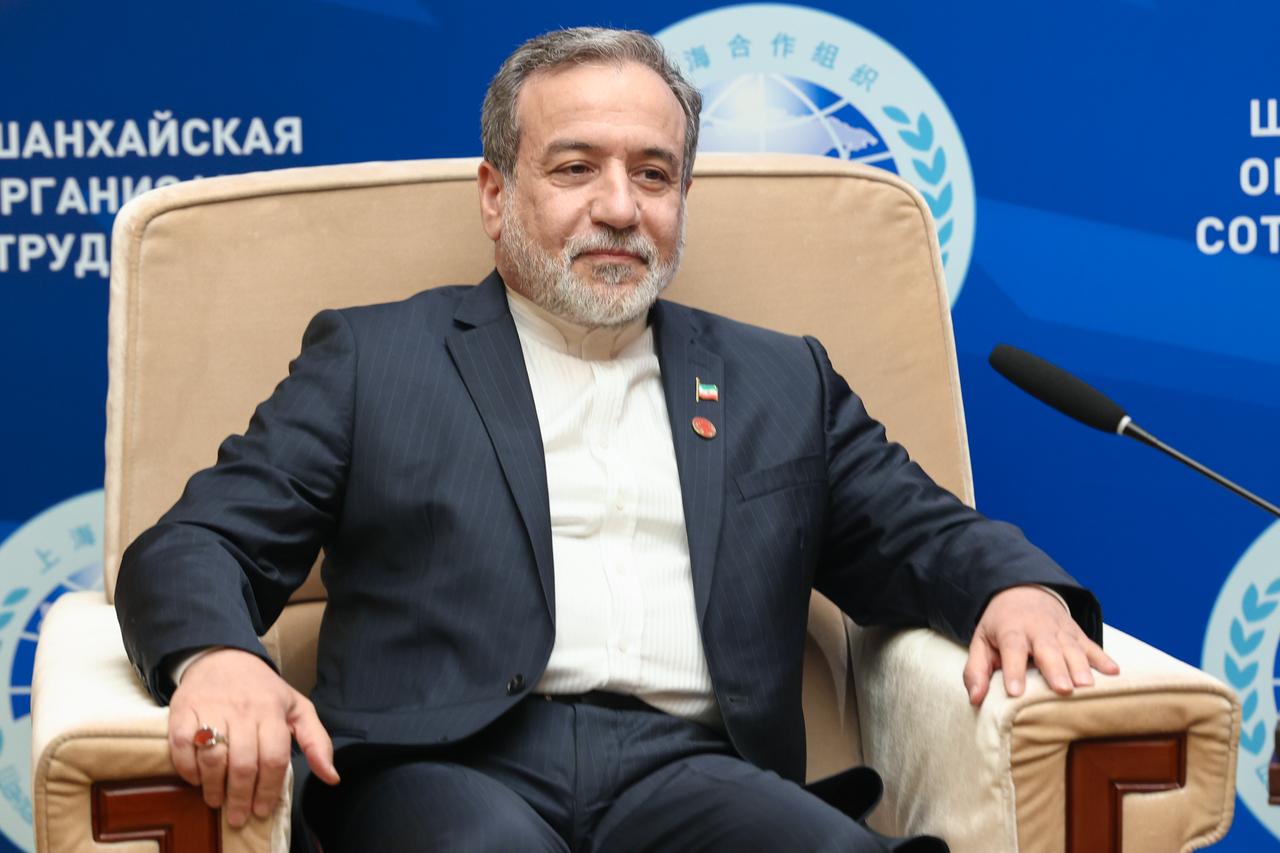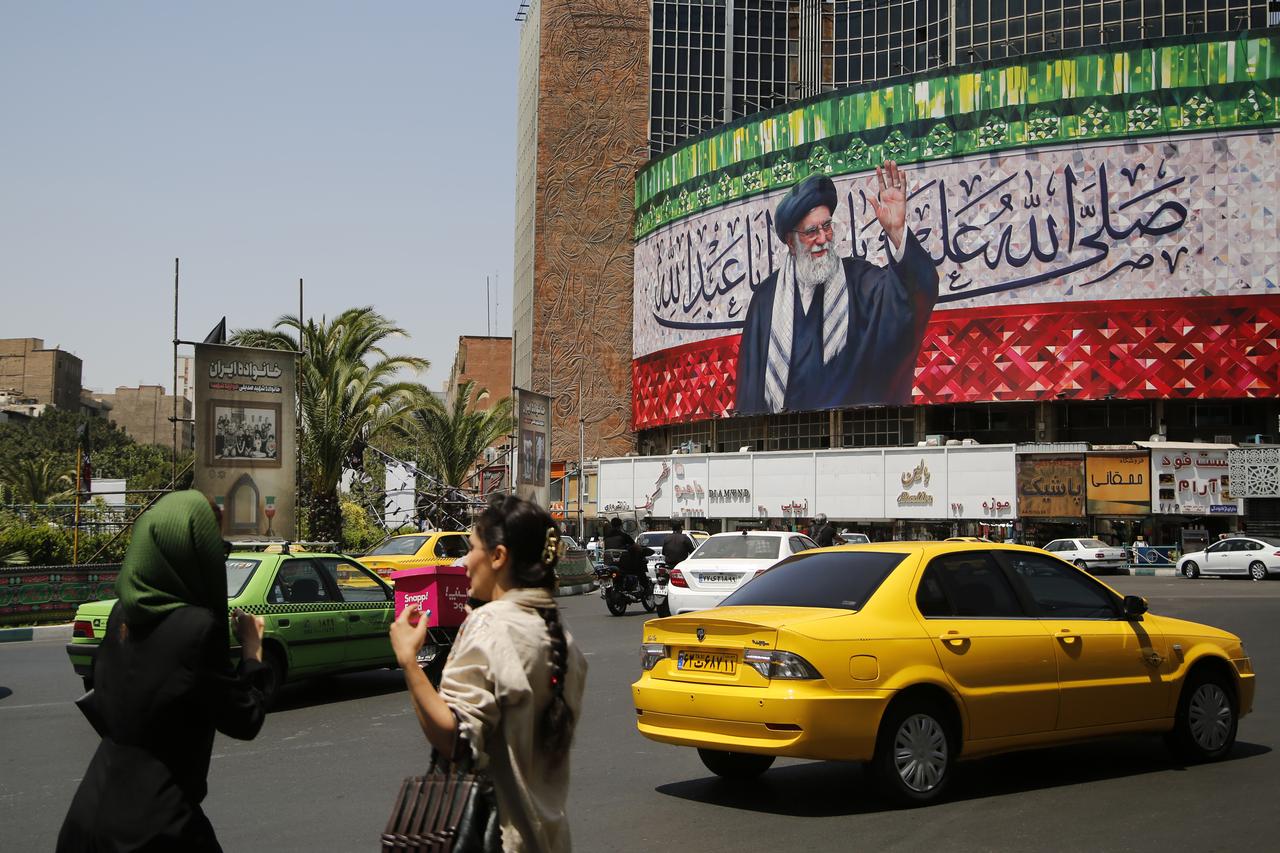
Iranian Foreign Minister Abbas Araghchi said Sunday that he survived an assassination attempt during the recent 12-day war with Israel, revealing that a bomb had been planted outside his residence.
Speaking in an interview on state television, Araghchi confirmed he had been targeted during the conflict. “But friends [security forces] took control of it,” he said, referring to the unexploded device found near his home.
Araghchi also addressed the assassination of Hamas political chief Ismail Haniyeh in Tehran last year, saying that a high-level meeting was held in the presence of Iranian Supreme Leader Ali Khamenei following the incident. He said Iranian officials reached a consensus during that meeting on the need to respond to Israel.

According to Araghchi, opinions differed among Iranian leadership regarding the timing and manner of retaliation. “The army commanders believed that the attack should be carried out when we have full confidence in our ability to defend the country,” he said.
Responding to a question about nuclear negotiations with the United States—despite the supreme leader’s known resistance to direct talks—Araghchi said, “The U.S. practiced a policy of maximum pressure and threatened to deploy military forces in the region.”
“At this point, the leader [Khamenei] stepped in and said that ‘We will have negotiations, but indirectly,’” he added.
Indirect talks between Iran and the United States were taking place through Omani mediators until Israel launched a surprise attack on June 13. The assault triggered a 12-day war during which Israel targeted Iranian military, nuclear, and civilian sites, as well as senior commanders and nuclear scientists.
In response, Tehran launched retaliatory missile and drone strikes. The United States also bombed three Iranian nuclear facilities during the escalation.
The conflict ended under a U.S.-brokered ceasefire that took effect on June 24.